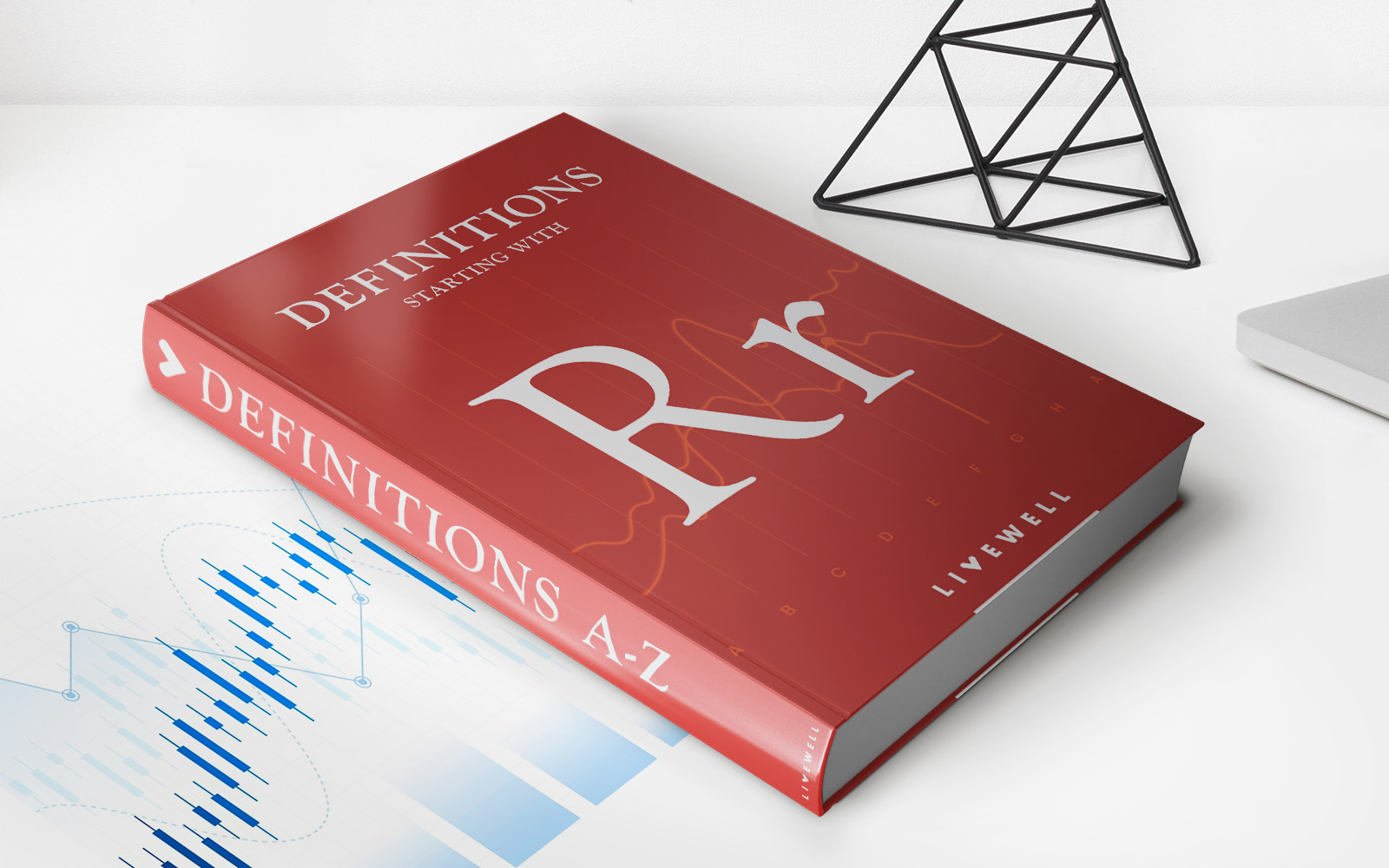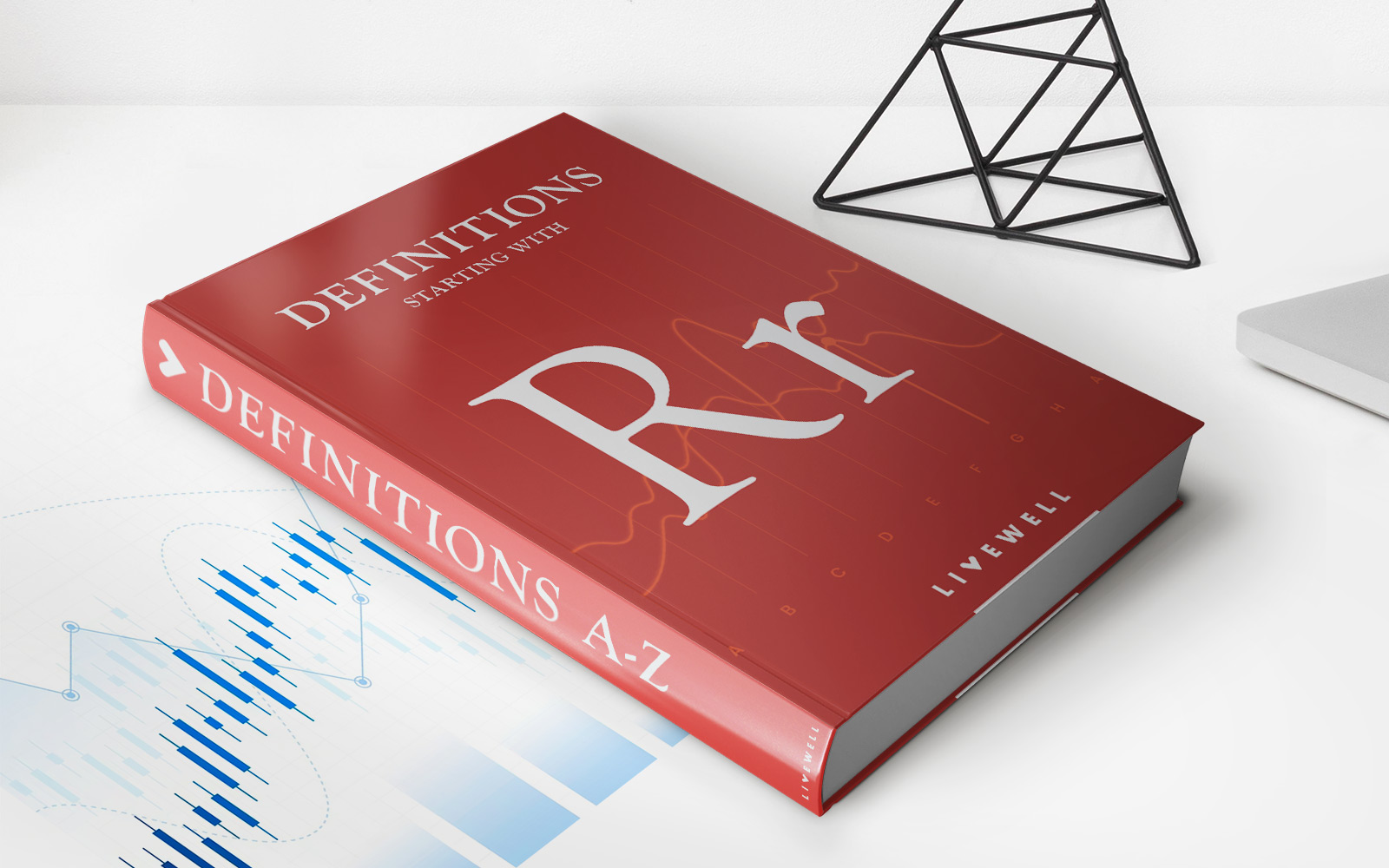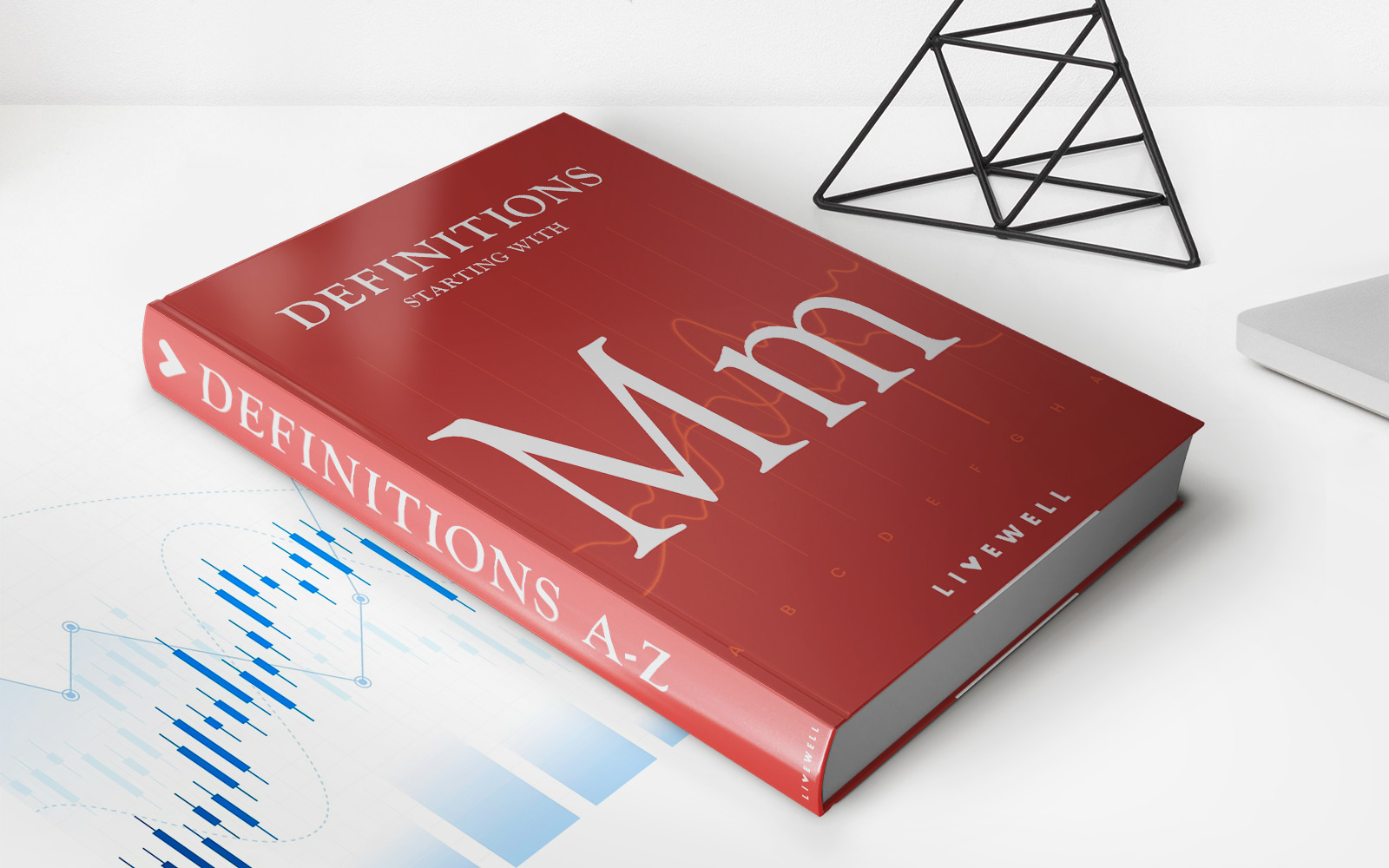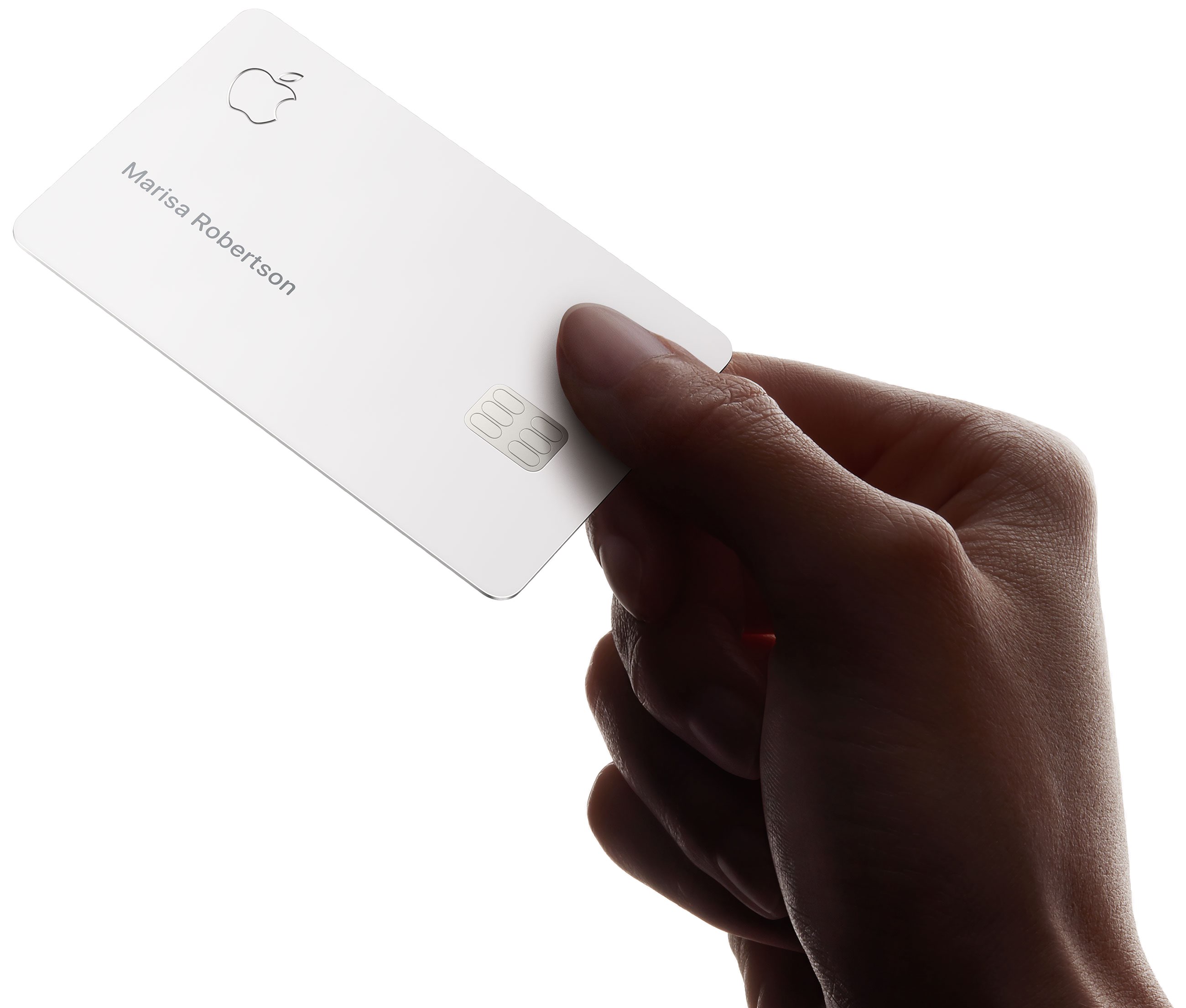

Finance
How To Use Credit To Get Rich
Published: January 5, 2024
Unlock the key to financial success! Discover how to harness the power of credit to build wealth and achieve your dreams in the world of finance.
(Many of the links in this article redirect to a specific reviewed product. Your purchase of these products through affiliate links helps to generate commission for LiveWell, at no extra cost. Learn more)
Table of Contents
Introduction
Credit plays a crucial role in our modern financial system, offering a range of opportunities to individuals looking to achieve financial independence and wealth. When used wisely, credit can be a powerful tool for building a solid financial foundation, acquiring assets, and starting businesses. However, it is important to approach credit with caution and responsibility to avoid falling into debt traps and damaging our financial health.
In this comprehensive guide, we will explore how to effectively use credit to get rich. We will delve into the fundamental concepts of credit, discuss strategies for building a solid credit history, and provide practical tips on choosing the right credit cards, using credit wisely, and maximizing credit card rewards. We will also explore how to leverage credit for investments, starting a business, managing debt, and protecting and monitoring your credit.
It is crucial to understand that using credit to get rich requires a disciplined approach and a thorough understanding of personal finance. It is not a quick fix or a magic solution, but rather a strategic and well-thought-out process that requires careful planning and execution.
Whether you are just starting on your financial journey or looking to enhance your existing credit strategies, this guide will provide you with the knowledge and insight to leverage credit effectively and achieve your financial goals. So, let’s dive in and discover how to harness the power of credit to pave your way towards financial prosperity.
Understanding Credit
Credit is essentially a financial arrangement between a borrower and a lender, allowing the borrower to access funds or make purchases that they would otherwise be unable to afford at the present moment. When someone uses credit, they are essentially borrowing money or using a line of credit provided by a financial institution or lender.
There are several types of credit, including credit cards, personal loans, mortgages, and lines of credit. Each type of credit comes with its own terms, interest rates, and repayment schedules. It is important to understand the terms and conditions of any credit agreement before utilizing it to ensure that it aligns with your financial goals and capabilities.
One key aspect of credit is the credit score. Your credit score is a numerical representation of your creditworthiness and financial responsibility. It is based on various factors such as your payment history, amount of debt, length of credit history, and types of credit utilized. Lenders use your credit score to assess the risk of lending you money and determine interest rates and credit limits.
Understanding credit is essential because it allows you to utilize it wisely and make informed decisions regarding your financial health. By having a clear understanding of how credit works, you can effectively manage your borrowing, maintain a good credit score, and access better financial opportunities.
Additionally, understanding credit enables you to differentiate between good debt and bad debt. Good debt refers to borrowing for assets that will appreciate in value or generate income, such as a mortgage for a property or a business loan. On the other hand, bad debt refers to borrowing for non-essential purchases or expenses that do not provide long-term value, such as high-interest credit card debt for luxury items.
Overall, credit is a powerful financial tool but should be used responsibly. By understanding the ins and outs of credit, you can make informed decisions, build a solid credit history, and utilize credit to grow your wealth and achieve financial success.
Building a Solid Credit History
Building a solid credit history is crucial for accessing better credit opportunities and financial stability. A strong credit history demonstrates to lenders that you are a responsible borrower who can manage debt effectively. Here are some steps to help you build and maintain a solid credit history:
- Start with a secured credit card: If you’re new to credit or have a limited credit history, consider applying for a secured credit card. With a secured card, you’ll need to make a cash deposit as collateral, which becomes your credit limit. This helps you build credit while minimizing the risk for lenders.
- Make timely payments: Consistently making payments on time is essential for building a positive credit history. Late or missed payments can significantly impact your credit score and make it harder for you to access credit in the future. Set up reminders or automatic payments to ensure you never miss a payment.
- Keep credit card balances low: Aim to keep your credit card balances below 30% of your available credit limit. High credit card utilization can negatively affect your credit score. If possible, pay off your balances in full each month to avoid interest charges.
- Build a mix of credit: Having a diverse credit portfolio can boost your creditworthiness. Consider having different types of credit, such as a credit card, a car loan, or a small personal loan. However, only take on credit that you can comfortably manage and repay.
- Monitor your credit report: Regularly check your credit report to ensure accuracy and identify any potential errors or fraudulent activity. You are entitled to one free credit report from each of the major credit bureaus – Equifax, Experian, and TransUnion – per year. Take advantage of this and review your reports to maintain the integrity of your credit history.
- Establish a long credit history: The length of your credit history is an important factor in your credit score. Therefore, it’s beneficial to maintain your oldest credit accounts as long as they are in good standing. Avoid closing credit cards or accounts unless absolutely necessary.
- Limit new credit applications: Applying for new credit frequently can raise red flags to potential lenders. Only apply for credit when you truly need it and avoid opening multiple accounts within a short period. Each application typically results in a hard inquiry on your credit report, which can temporarily lower your credit score.
By following these strategies, you can establish a solid credit history that will open doors to better credit options and financial opportunities. Remember, building credit takes time and patience, but the long-term benefits are worth the effort.
Choosing the Right Credit Cards
When it comes to choosing the right credit cards, there are several factors to consider that can help you maximize the benefits and rewards while minimizing costs. Here are some key factors to keep in mind when selecting credit cards:
- Reward Programs: Consider credit cards that offer rewards programs tailored to your spending habits and financial goals. Whether it’s cashback, travel rewards, or points for specific purchases, choose a card that aligns with your interests and provides the most value.
- Annual Fees: Some credit cards charge an annual fee for the privileges and benefits they offer. Evaluate whether the rewards and perks justify the cost of the annual fee. If the benefits outweigh the fee, it may be worth considering.
- Interest Rates: Understand the interest rates associated with the credit card, especially if you anticipate carrying a balance. Look for cards with low ongoing interest rates or introductory 0% APR offers for an initial period.
- Credit Card Fees: In addition to annual fees, credit card companies may charge fees for balance transfers, cash advances, late payments, and foreign transactions. Read the terms and conditions carefully to understand all potential fees associated with the card.
- Credit Limit: Consider the credit limit offered by the credit card. A higher credit limit can provide flexibility, but it’s essential to ensure that you won’t be tempted to overspend or carry a high balance that could negatively impact your credit score.
- Additional Benefits: Look for additional benefits and features that may be offered by the credit card. These can include travel insurance, purchase protection, extended warranty coverage, and access to exclusive airport lounges. Assess these perks to determine if they align with your needs and preferences.
- Customer Service: Consider the reputation and quality of customer service provided by the credit card issuer. Responsive and helpful customer service can make a significant difference if you encounter any issues or have questions regarding your account.
It’s also important to note that having multiple credit cards can be beneficial if managed responsibly. Each card may serve different purposes, such as earning the most rewards in specific spending categories or offering better travel benefits. However, be mindful not to overextend yourself financially and only take on credit cards that you can manage effectively.
Ultimately, choosing the right credit cards depends on your individual needs, lifestyle, and financial goals. By thoroughly examining the various options available and taking into account these important considerations, you can select credit cards that align with your preferences and help you make the most of your credit card usage.
Using Credit Wisely
Using credit wisely is essential for maintaining a healthy financial life and avoiding unnecessary debt. Here are some key strategies to help you utilize credit responsibly:
- Create a Budget: Develop a budget that outlines your income, expenses, and financial goals. This will help you determine how much you can comfortably afford to borrow and repay each month, ensuring that you don’t overspend and fall into a cycle of debt.
- Pay in Full: Whenever possible, aim to pay off your credit card balances in full each month. By doing so, you’ll avoid accumulating interest charges, maintain a low credit utilization ratio, and build a positive credit history.
- Avoid Using Credit for Non-Essential Purchases: Reserve credit usage for necessary expenses and emergencies, rather than using it to finance discretionary items that you can afford to pay for outright. This will help you avoid unnecessary debt and ensure that you’re using credit for responsible reasons.
- Use Credit for Building Assets: Utilize credit for investments that have the potential to appreciate in value or generate income, such as purchasing a property or starting a business. This strategic use of credit can help you build wealth over time.
- Regularly Review Statements: Take the time to review your monthly credit card statements thoroughly. This will allow you to identify any fraudulent charges, errors, or unauthorized transactions. Reporting issues promptly can help protect your credit and resolve any discrepancies swiftly.
- Avoid Maxing Out Credit Limits: It’s generally recommended to keep your credit card balances below 30% of your available credit limit. Maxing out your credit cards can negatively impact your credit score and make it more challenging to access credit in the future.
- Build an Emergency Fund: Establishing an emergency fund can provide a safety net for unexpected expenses, reducing the need to rely on credit for unplanned events. Aim to save three to six months’ worth of living expenses to mitigate financial risks.
- Communicate with Creditors: If you encounter financial difficulties or anticipate difficulty making payments, reach out to your creditors proactively. They may be willing to work with you to develop a repayment plan or explore alternative options to avoid negative consequences on your credit.
By following these strategies, you can use credit responsibly and ensure that it works for you rather than against you. Remember, responsible credit usage is a key component of a solid financial foundation and can help you achieve your long-term financial goals.
Maximizing Credit Card Rewards
Credit card rewards programs can provide a plethora of benefits, from cashback on purchases to travel rewards and loyalty points. To maximize these rewards, consider the following tips:
- Choose the Right Credit Card: Select credit cards that align with your spending habits and offer rewards in categories that are most relevant to you. For example, if you frequently travel, consider a card that offers travel rewards or airline miles.
- Study the Rewards Structure: Familiarize yourself with the rewards structure of your credit card. Some cards offer a flat percentage of cashback on all purchases, while others may provide higher rewards in specific categories like dining, groceries, or gas. Optimize your spending in those categories to earn more rewards.
- Take Advantage of Sign-Up Bonuses: Many credit cards offer sign-up bonuses, which can be a great way to earn a substantial amount of rewards early on. However, be mindful of any spending requirements to qualify for the bonus and ensure they align with your budget and financial goals.
- Combine Credit Card Benefits: If you have multiple credit cards that offer different rewards, strategically use them to your advantage. For example, you can use one card for dining and entertainment expenses to maximize rewards in that category, and another card for everyday purchases or travel.
- Shop Through Rewards Portals: Some credit card rewards programs have online shopping portals that allow you to earn additional rewards for purchases made through their links. Before making an online purchase, check if your credit card offers this option to earn extra rewards.
- Redeem Rewards Strategically: Consider the various redemption options available. Some credit cards allow you to redeem rewards for cashback, statement credits, travel bookings, merchandise, or even to pay off your credit card bill. Choose the redemption method that offers the most value for your rewards.
- Monitor Bonus Categories: Credit card rewards programs often rotate bonus categories throughout the year, offering higher rewards for certain types of spending during specific time periods. Stay updated on these changes and adjust your spending habits accordingly to maximize your rewards.
- Explore Partnerships and Affiliates: Some credit card issuers have partnerships with specific retailers, airlines, or hotel chains. By utilizing these partnerships, you may earn additional rewards or receive exclusive discounts and perks. Take advantage of such collaborations to enhance your rewards.
Remember, maximizing credit card rewards requires disciplined spending and responsible credit card usage. Always prioritize paying off your balance in full each month to avoid interest charges, as these can quickly negate the value of any rewards earned.
By implementing these strategies, you can make the most of your credit card rewards and enjoy the perks and benefits that come with responsible credit card usage.
Investing and Leveraging Credit
When used strategically, credit can be a valuable tool for investing and wealth building. Here are some ways you can leverage credit to enhance your investment opportunities:
- Real Estate Investments: Real estate is a popular avenue for investment, and credit can help make it possible. By utilizing a mortgage loan, you can purchase properties and potentially earn rental income or benefit from property appreciation over time. Keep in mind that careful analysis and market research are crucial before diving into real estate investments.
- Business Ventures: Credit can provide the necessary capital to start or expand a business. Small business loans, lines of credit, or business credit cards can offer the funding you need to invest in your entrepreneurial endeavors. However, be cautious and ensure that the potential return on investment outweighs the cost of borrowing.
- Stock Market Investments: Credit can be utilized as a bridge loan for short-term stock market investments or to take advantage of market opportunities. This strategy, known as margin trading, allows investors to borrow money to purchase more stocks than they could with their own funds. However, margin trading carries risks, and careful consideration of the potential gains and losses is essential.
- Education and Skill Building: Investing in yourself through education and skill-building can lead to increased earning potential. Student loans or credit cards with low or 0% APR introductory periods can provide the means to further your education or develop new skills that can boost your career and financial prospects.
- Consolidating Higher-Interest Debt: If you have high-interest debt, such as credit card balances, utilizing a low-interest personal loan or balance transfer credit card can help consolidate your debt. This consolidation can make it easier to manage payments while potentially saving on interest charges, allowing you to free up funds for investing or improving your financial situation.
- Investing in Retirement Accounts: Credit can complement your retirement savings strategy. If you have a reliable source of income, using credit to maximize contributions to your Retirement Savings Accounts (RSAs) like 401(k)s or IRAs can help you take advantage of tax benefits and compound interest over time.
It is crucial to approach leveraging credit for investments with caution and thoroughly assess the risks and potential returns. Evaluate the interest rates, fees, and terms of credit options, and ensure that the investment aligns with your risk tolerance and long-term financial goals.
Remember that leveraging credit for investments carries inherent risks, and there are no guarantees of success. Proper due diligence, research, and consultation with financial advisors are vital to making informed investment decisions and managing associated risks effectively.
By carefully evaluating opportunities and leveraging credit wisely, you can potentially enhance your investment outcomes and work towards your financial goals more effectively.
Using Credit to Start a Business
Starting a business often requires a significant amount of capital, and credit can be a valuable resource to finance your entrepreneurial ambitions. Here are some ways to effectively use credit to start a business:
- Business Loans: Explore various business loan options, such as small business loans or lines of credit, specifically designed to support entrepreneurs. These loans can provide the necessary funds to cover startup costs, initial inventory, equipment purchases, or marketing expenses.
- Business Credit Cards: Business credit cards can offer a convenient and flexible financing solution for your business. They can help you manage cash flow, cover unexpected expenses, and earn rewards on business-related purchases. However, be mindful of interest rates and fees associated with these cards.
- Personal Loans: If obtaining a business loan is challenging due to limited credit history or other factors, you may consider securing a personal loan to fund your business. However, be cautious with this approach, as it means you will be personally liable for the debt.
- Crowdfunding: Crowdfunding platforms allow entrepreneurs to raise funds from a large number of individuals who believe in their business concept. While not directly credit-based, crowdfunding can be a way to access capital without taking on traditional debt.
- Vendor and Supplier Credit: Many vendors and suppliers offer credit terms to businesses, allowing them to make purchases and pay for them later. Negotiating favorable credit terms with your vendors can help you manage short-term cash flow constraints.
- Secured Financing: If you have valuable assets, such as real estate or equipment, you may be able to secure financing using these assets as collateral. This can provide lenders with added security, potentially allowing you to access larger loan amounts or more favorable interest rates.
- Business Credit Building: As your business grows, focus on establishing business credit separate from your personal credit. This can help you access more favorable financing options and reduce your personal liability. Paying your business expenses on time and maintaining good relationships with vendors can contribute to building a positive business credit history.
Before utilizing credit to start a business, ensure that you have a solid business plan in place. Conduct thorough market research, analyze financial projections, and consider seeking guidance from a mentor or consultant. It’s also crucial to understand the potential risks associated with borrowing and make informed decisions about your business’s financial health.
By using credit strategically and responsibly, you can leverage it as a tool to fuel your business’s growth and achieve your entrepreneurial goals.
Managing Debt Effectively
When it comes to managing debt, it’s important to have a strategic and disciplined approach to maintain financial stability. Here are some key strategies to manage debt effectively:
- Create a Budget: Develop a budget that outlines your income, expenses, and debt obligations. This will help you understand your financial situation and allocate funds towards debt repayment.
- Prioritize High-Interest Debt: Begin by tackling high-interest debt first, such as credit card balances or payday loans. Paying off these high-interest debts can save you money in the long run and provide a sense of accomplishment that motivates further debt repayment.
- Pay More Than the Minimum: Whenever possible, pay more than the minimum payment required on your debts. By paying more, you can reduce the principal balance more quickly and save on interest charges over time.
- Consider Debt Consolidation: If you have multiple high-interest debts, consolidating them into a single loan or low-interest credit card can simplify your payments and potentially reduce interest costs. However, carefully evaluate the terms and fees associated with consolidation options.
- Negotiate Lower Interest Rates: Contact your creditors to inquire about the possibility of lowering your interest rates. Creditors may be willing to work with you if you have a good payment history or if you can demonstrate financial hardship.
- Avoid Taking on New Debt: While paying off existing debt, it’s crucial to avoid taking on new debt unless absolutely necessary. Evaluate your spending habits and adjust them to live within your means, avoiding unnecessary borrowing.
- Seek Professional Advice: If you’re feeling overwhelmed by your debt or struggling to make payments, consider seeking guidance from a credit counselor or financial advisor. They can provide personalized recommendations and help you develop a debt management plan.
- Stay Organized: Keep track of your debts, payment due dates, and interest rates. Set up automatic payments and reminders to ensure that you never miss a payment, which can negatively impact your credit score and result in additional fees.
- Celebrate Milestones: As you make progress in paying off your debt, celebrate milestones along the way. Recognizing your achievements can keep you motivated and committed to your debt repayment journey.
- Focus on Long-Term Financial Health: Managing debt effectively is not just about paying it off quickly. It’s also about cultivating good financial habits, saving for emergencies, and investing for the future. Strive for long-term financial health beyond debt repayment.
Remember, managing debt effectively requires commitment, discipline, and a willingness to make necessary changes to your lifestyle and spending habits. By implementing these strategies and staying focused on your financial goals, you can regain control of your debt and work towards a debt-free future.
Protecting and Monitoring Your Credit
Protecting and monitoring your credit is crucial for maintaining financial security and preventing identity theft. Here are some important steps to protect and monitor your credit:
- Monitor Your Credit Report: Regularly review your credit reports from the major credit bureaus – Equifax, Experian, and TransUnion. Check for any errors, fraudulent accounts, or suspicious activity. You can access one free credit report annually from each bureau through annualcreditreport.com.
- Consider Credit Monitoring Services: Credit monitoring services provide ongoing monitoring and alerts for any changes or suspicious activity on your credit report. These services can help detect potential identity theft early on, allowing you to take necessary steps to mitigate the damage.
- Protect Personal Information: Safeguard your personal information, such as your Social Security number, bank account details, and credit card information. Be cautious when sharing this information online or over the phone, and only provide it to trusted and secure sources.
- Use Strong Passwords: Create unique and strong passwords for your online accounts, including your credit card accounts and credit monitoring services. Use a combination of letters, numbers, and symbols, and avoid using easily guessable information.
- Be Wary of Phishing Attempts: Be cautious of unsolicited emails, phone calls, or text messages asking for personal or financial information. Legitimate companies typically don’t request sensitive information through these channels. If in doubt, contact the company directly using verified contact information.
- Review Your Financial Statements: Regularly review your credit card and banking statements for any unauthorized transactions. Report any suspicious activity to your financial institution immediately.
- Use Secure Internet Connections: When accessing financial accounts or conducting online transactions, ensure you are using a secure internet connection. Avoid using public Wi-Fi networks for sensitive transactions, as they may not be secure and can potentially expose your information.
- Freeze Your Credit: Consider placing a credit freeze on your credit files, especially if you suspect potential identity theft. A credit freeze restricts access to your credit report, making it difficult for anyone to open new accounts under your name without your knowledge.
- Regularly Update and Patch Systems: Keep your devices, including computers and mobile devices, up to date with the latest security patches and software updates. This helps protect against known vulnerabilities that could be exploited by hackers.
- Be Cautious of Public Wi-Fi: Avoid accessing sensitive information, such as online banking or credit card accounts, while connected to public Wi-Fi networks. If necessary, use a virtual private network (VPN) to encrypt your internet connection and protect your data.
By following these practices, you can minimize the risks of identity theft and protect your credit. It’s important to remain vigilant and take immediate action if you notice any suspicious activity or potential signs of identity theft. Protecting and monitoring your credit is an ongoing process that helps safeguard your financial well-being.
Conclusion
Mastering the art of using credit to get rich requires knowledge, discipline, and a strategic approach to personal finance. By understanding the fundamentals of credit, building a solid credit history, and leveraging credit wisely, you can unlock a range of financial opportunities and pave your way towards financial prosperity.
Choosing the right credit cards tailored to your needs, maximizing credit card rewards, and effectively managing your debt are key pillars of successful credit utilization. Credit can also be a powerful tool for investing in real estate, starting a business, and fueling your entrepreneurial ambitions.
However, it’s important to approach credit with caution and responsibility. Maintaining a healthy credit score, protecting your personal information, and monitoring your credit regularly are crucial for financial security and protecting against identity theft.
Remember, the journey to financial success is not about quick fixes or taking on excessive debt. It’s about making informed decisions, setting realistic goals, and diligently managing your finances. Building a solid financial foundation, investing wisely, and using credit judiciously can help you achieve your long-term financial goals and cultivate a prosperous future.
So, take the knowledge gained from this guide and apply it in your financial journey. With patience, discipline, and the right mindset, you can leverage credit effectively to create a path towards financial abundance and ultimately achieve the wealth and stability you desire.














